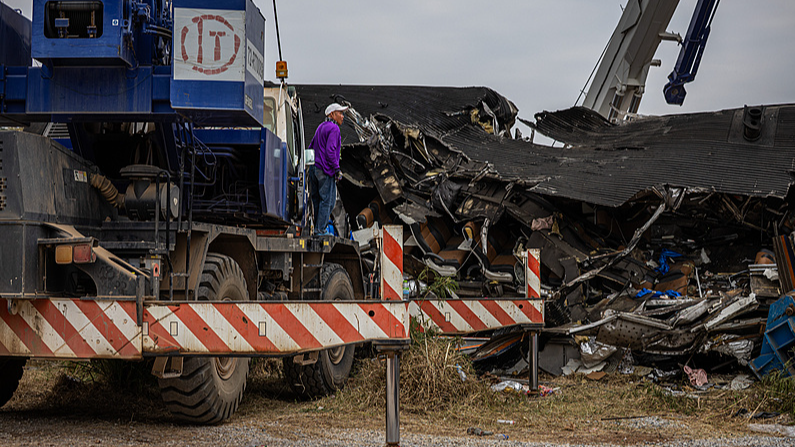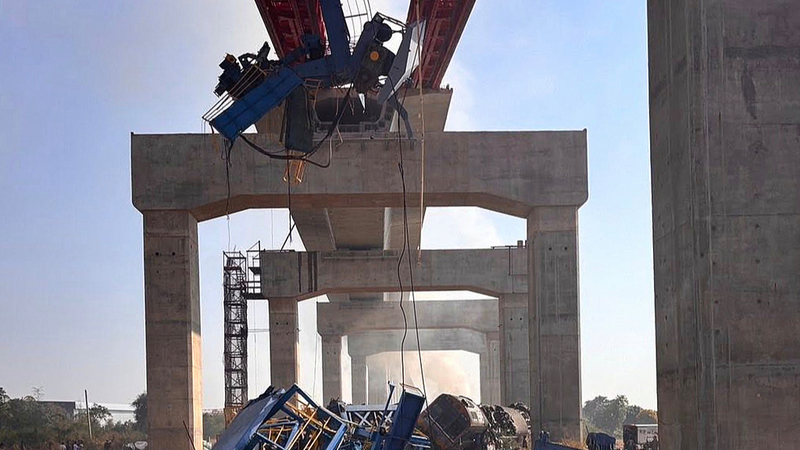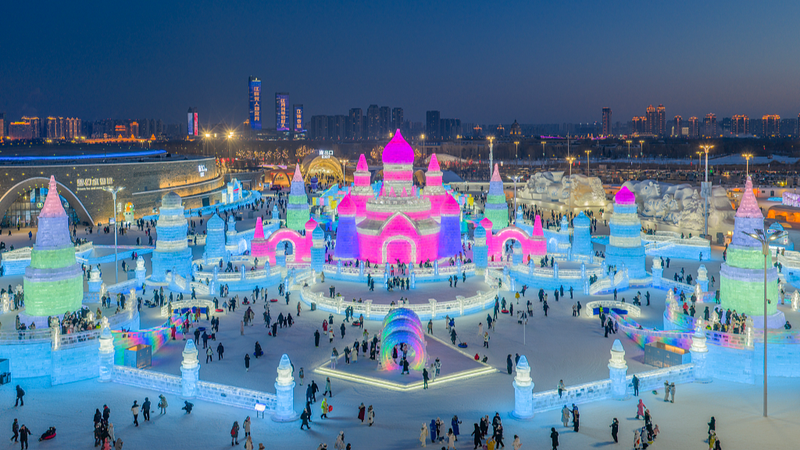The Middle East is once again at the center of global attention as tensions flare up between Israel and Palestinian groups. If you’ve been scrolling through your feeds and wondering what’s happening, we’ve got you covered! Let’s dive into the latest developments and what they mean for the region and the world. 🌍
What’s Going On?
Recent escalations have led to renewed clashes between Israeli forces and Palestinian militants in the Gaza Strip. Rocket attacks, airstrikes, and ground confrontations have intensified, raising concerns about a larger conflict. Civilians on both sides are facing disruptions, with fears of further escalation looming. 😟
Why Now?
The triggers for the current conflict are rooted in longstanding issues, including disputes over territories, political tensions, and mutual distrust. Recent events have reignited these tensions, leading to a rapid escalation. Understanding the historical context can shed light on the complexities at play.
Global Reactions 🌐
The international community is closely watching the situation. Several countries and organizations are calling for de-escalation and a return to dialogue. Social media platforms are buzzing with hashtags and discussions, reflecting the global concern and the desire for peace.
Impact on Us
For many of us in South and Southeast Asia, the Middle East isn’t just a distant region—it’s connected to us through global trends, economics, and shared interests. The conflict can influence global markets, oil prices, and even the tech industry. It’s crucial to stay informed and understand how global events can ripple through to our daily lives.
Stay Informed 📲
In our fast-paced world, staying updated is key. Follow reputable news sources, engage in constructive discussions, and be mindful of misinformation. Let’s use our platforms to promote understanding and support peace initiatives.
The Way Forward
The path to peace is never easy, but collective efforts can make a difference. By staying informed and engaged, we can contribute to a global culture that values dialogue over conflict.
Reference(s):
cgtn.com



